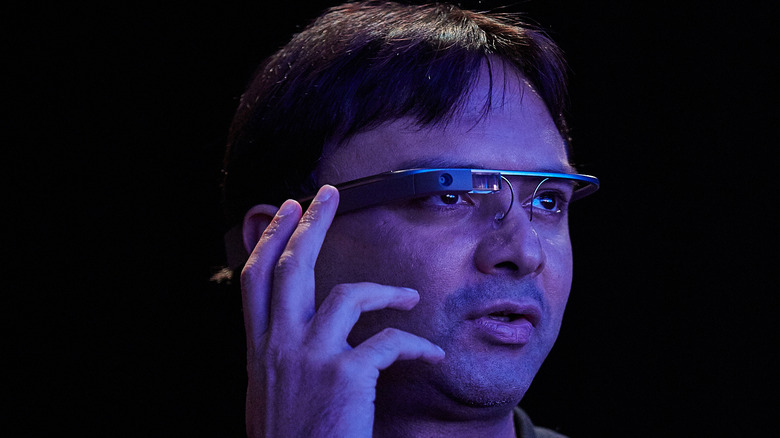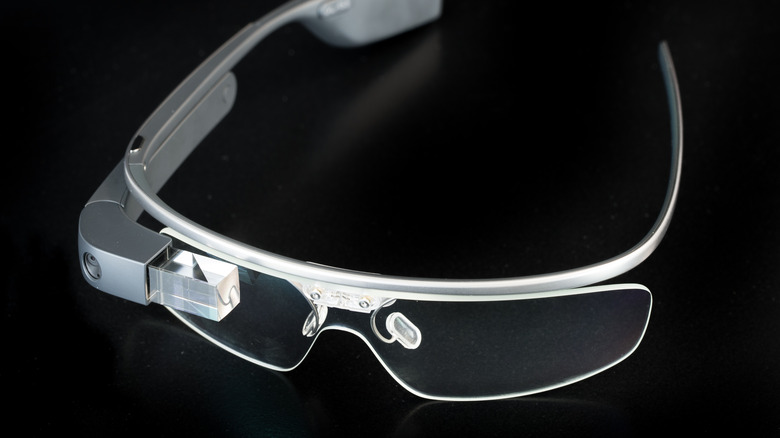The Long, Painful Death Of Google Glass Has Finally Arrived
After 10 years, and numerous market failures, Google Glass is finally dead. The tech giant announced it is discontinuing sales of its enterprise edition, and pulling support for the product in September. The headsets themselves will still work, and third-party companies are still free to develop apps for the platform, but Google will no longer have anything to do with it. Similarly, if the devices falter on September 16 or later, Google won't replace it "under the existing process."
There is a bit of a grey area with Google's own apps. "Meet on Glass" may still work after support is pulled, but if it develops bugs or simply ceases to work, Google won't be doing anything to fix it.
Several versions of Glass have existed, but none have been a commercial success. The Google Glass Enterprise Edition 2 was made available for direct sale around two years ago, and it's the last version of Google Glass on the market. Priced at $1,000, the high-tech eyewear was designed to allow employees to keep their hands free while viewing information. While the price was certainly prohibitive in the Enterprise Edition 2's case, other editions flopped due to things like a lack of perceived usefulness or privacy concerns.
It may not actually be the end
While the last iteration of Google Glass may not be on the market, a similar product may be somewhere in the pipeline. Google has long expressed an interest in AR headsets and recently announced a partnership with both Samsung and Qualcomm. While that partnership is likely going to result in a Samsung XR headset hitting the market, Google will be free to develop its own.
There are already rumors that Google has spent serious money on AR research and is planning on producing a new generation of smart glasses. Even if its short-term plans only involve producing the software base for Samsung's next AR headset, the California-based company is unlikely to be happy simply sticking to that. It likes to have its own products out there. Plenty of phones use Android, but Google still felt the need to produce the Pixel. It's possible that the company will feel the same way about AR glasses. Google also hates being left behind, as the fiasco around Bard's unveiling showed us. With Apple apparently close to going public with its attempt at an XR headset, you can expect Google to be reasonably close behind.

